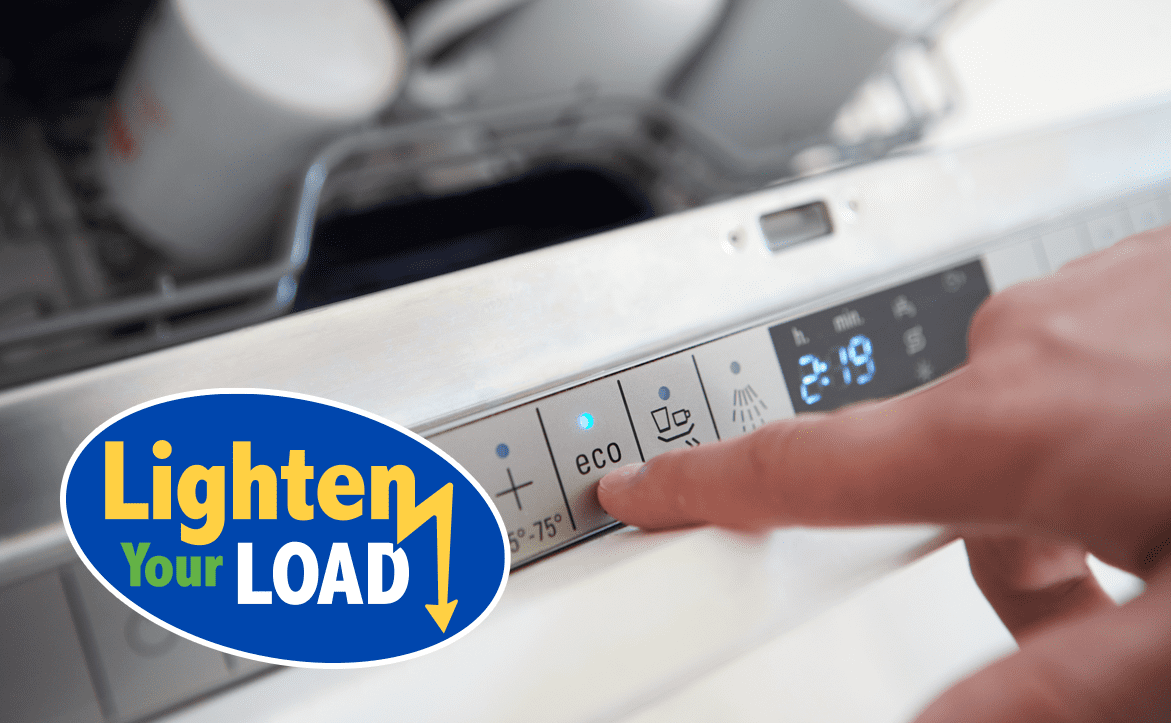
When buying a new appliance, there’s plenty to consider besides the upfront cost. But if you’ve compared efficiency ratings on EnergyGuide labels, checked for rebates, and picked an Energy Star appliance, you’re in good shape.
Now, it’s time to get the most out of your energy-efficient appliances. This not only maximizes their efficiency but also saves you money over time. Here are six tips to help you do just that.
1. Ensure that your appliances are installed correctly.
Proper installation is crucial to make sure your appliances operate efficiently. Follow the manufacturer’s installation instructions carefully. You might also consider hiring a professional if necessary. Improper installation can lead to inefficiencies and increased energy consumption.
For example, refrigerators need adequate airflow around the unit and the door must seal tight to prevent cold air from escaping. Proper installation maximizes energy efficiency and helps extend the lifespan of your appliances.
2. Keep your appliances well-maintained.
Regular maintenance is essential for keeping your appliances running smoothly and efficiently. Follow the manufacturer’s recommended maintenance guidelines and schedule. This may include tasks such as cleaning filters, coils, and vents, as well as checking for leaks or other issues that could affect performance. Keeping up your maintenance helps prevent problems before they arise—and avoid costly repairs.
3. Optimize operation settings for maximum efficiency.
Many appliances come with settings or features that allow you to customize their operation. Take the time to learn how these settings work and adjust them as needed. Here are some examples:
- Set the temperature on your refrigerator and freezer to the recommended levels to prevent energy waste. This is usually 37-40°F for the refrigerator and 0-5°F for the freezer.
- Use the appropriate cycle and load size settings on your washing machine and dishwasher. This will reduce water waste and energy consumption by saving hot water.
- Use the high-speed spin setting on your washer to wring out as much water as possible. Less water in your clothes means your dryer doesn’t have to run as long.
- Use the automatic setting on your dryer rather than timed dry. Modern dryers have sensors that automatically turn off when they sense that the load is dry. This saves energy and reduces the chance of overheating your clothes, which can harm elastic and synthetic fabrics.
- Turn on energy-saving modes or power management features on devices like computers, gaming consoles, and televisions. This reduces standby power consumption when they’re not in use.
4. Run full loads whenever possible.
This is key to maximizing the efficiency of your appliances. Your dishwasher, washing machine, and dryer are some of your most energy intensive appliances. So, wait until they’re full before use but be mindful of load size. Overloading appliances can reduce efficiency and performance. Manufacturers usually have recommendations on optimal load sizes.
5. Try air drying clothes and dishes.
Heat drying your clothes and dishes consumes a lot of energy. Try using air drying features on your dishwasher and washing machine. Air drying removes the need for extra energy to heat air or surfaces. While it can take longer than heat drying, it is a more energy-efficient option that can help you save money over time.
Also, try hanging laundry on the line to dry! The sun and wind will dry your clothes and leave them smelling fresh.
6. Unplug appliances when not in use.
Even when turned off, many appliances continue to draw standby power. This is also known as “phantom power.” If you’re not using an appliance, unplug it. A helpful tip is to use power strips to completely switch off power to many devices at once.
This is important for infrequently used devices that are left plugged in for extended periods. Some examples include chargers, small kitchen appliances, and entertainment electronics. By unplugging these devices when they are not in use, you can cut unnecessary energy waste and lower your electricity bills.
By following these tips, you can get the most out of your appliances. This will keep them running for longer and maximize their energy efficiency. Better yet, you will reduce your energy use and environmental impact while saving money on your utility bills.
